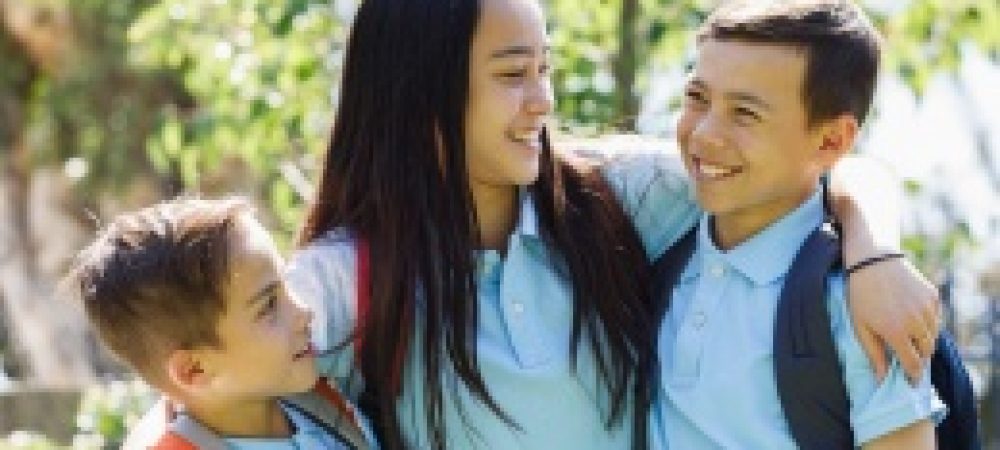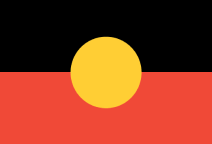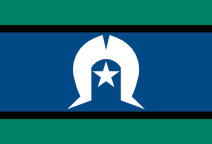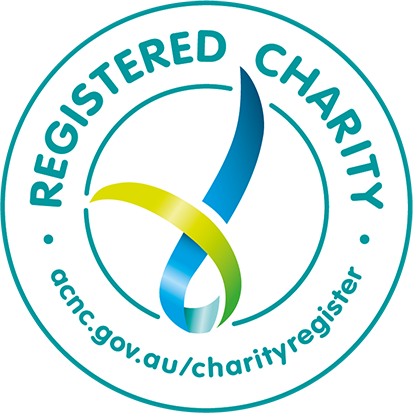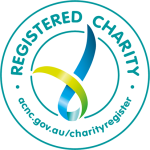School is finally back after the WA Covid-19 lockdown, bringing a collective sigh of relief from some and a mix of emotions from others. Some parents and children may feel excited, while others may feel nervous or uncertain about what the year holds, be it with friends, school work or the ongoing pandemic and disruptions to normal life.
No matter what your feelings are, life tends to speed up when school goes back. There’s the juggle between school, homework and after school activities.
Just as adults strive to find a work/life balance, children of all ages will benefit from finding a school/life balance. Taking on too much may leave kids tired, grumpy, feeling stressed or not being able to sleep well.
Communicate
Talk to children about how they are feeling. Are they feeling overwhelmed by everything they have to do? What they would like to do more or less of?
Prioritise
Every child is unique and will handle how much they take on differently.
Educators and psychologists advise against overpacking children’s lives with activities. Free time at home is just as important so that children find space to reflect and unwind from a busy day.
Encourage downtime and schedule time for any homework.
While debate continues over the pros and cons of screen time, the Australian Department of Health2 recommends screen time be limited to no more than 2 hours per day for children over 6 years and less than 1 hour per day for children aged 2 – 5 years.
Sleep
The benefits of sleep cannot be overstated. It’s important for a child’s physical and mental wellbeing. Without enough sleep children find it hard to function. Those who are well rested have the energy to focus and concentrate so that they can learn, grow and have fun!
Australian Sleep guidelines1 for school age kids are:
- 3 – 5 years 10 – 13 hours, including naps
- 5 – 13 years 9 – 11 hours
- 14 – 17 years 8 – 10 hours
Be a role model for balance
Kids follow what parents’ model at home and in life. If you are busy and stressed, children will see that as normal. Make time for enjoyable activities that rejuvenate and bring space to your life. Children will learn and benefit from your example.
The start of another school year brings many challenges but finding balance in the rush brings benefits for everyone involved.
Reference 1. Australian Department of Health, 24-Hour Movement Guidelines 2. GET UP AND GROW – CARING FOR OUR KIDS – STAFF HAND BOOK – HEALTHY EATING AND PHYSICAL ACTIVITY

